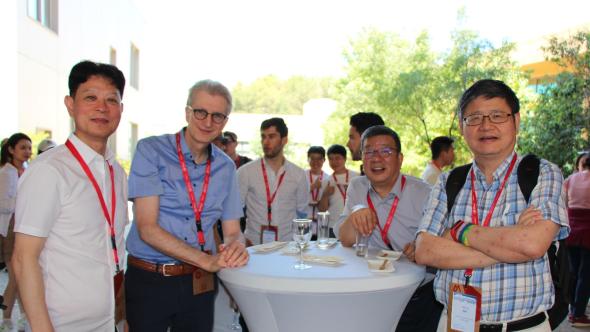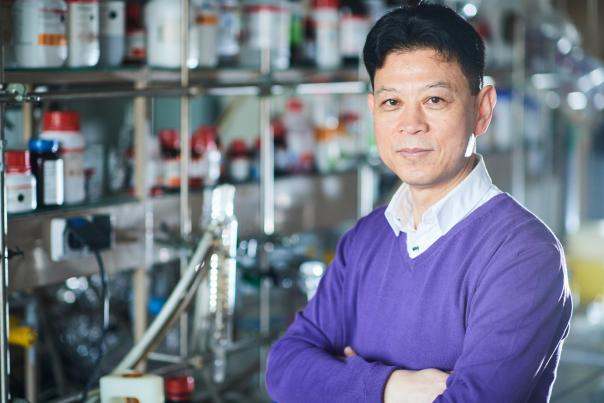A prestigious award for Prof. Bao-Lian SU
At the 12th International Congress on Mesostructured Materials (IMMA), held from July 8 to 12 in Montpellier, Prof. Bao-Lian Su was re-elected President of the International Mesostructured Materials Association (IMMA).

